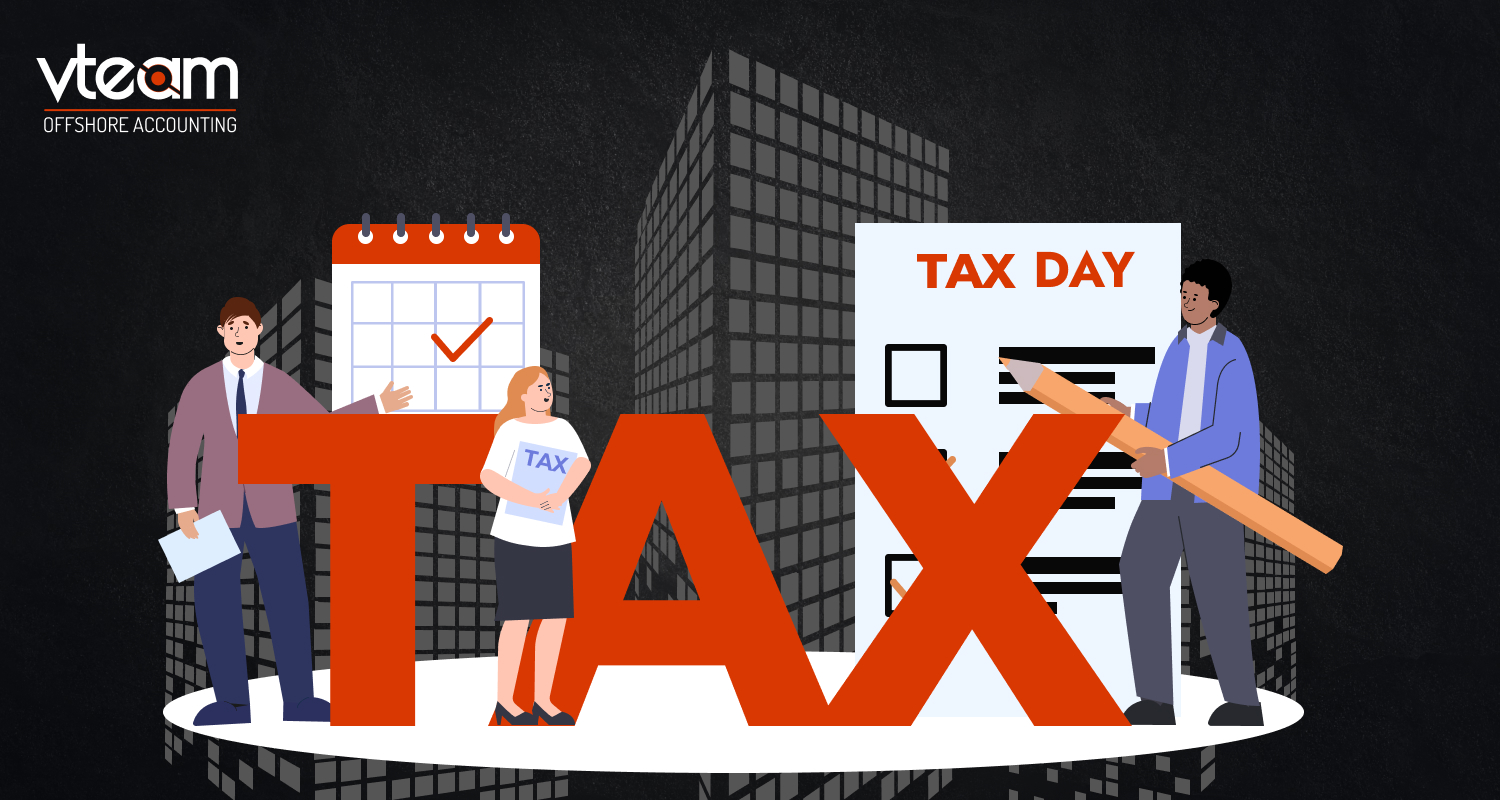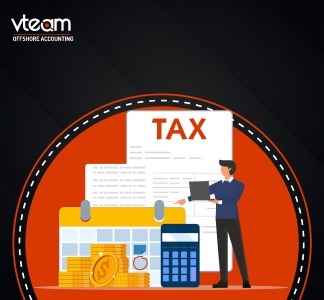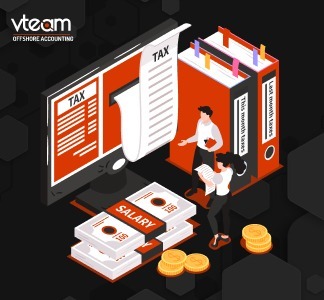Running a business comes with its fair share of challenges – from finding great employees to cutting down costs and figuring out how to expand. But among all these hurdles, dealing with taxes can feel like the biggest mountain to climb each year.
Making sure your business meets its tax obligations efficiently and in a way that benefits it might seem like a tough task. But fear not! With some careful planning and preparation, you can make this journey a lot smoother.
One helpful step is to talk to a tax solutions services provider who can guide you on the best approach for your business. They can ensure you’re following the rules while also maximizing benefits. It’s a good idea to consult with a taxation services provider before making any big decisions about how to structure or plan for your business.
In the meantime, here are some simple tips to help your business get ready for tax season.
Getting Your Tax Documents in Order
Getting your tax documents together might seem like a chore, but it’s an essential part of making tax season a breeze for your business. Each business is unique, but there are some common documents you’ll want to gather to help things go smoothly.
First off, keeping a detailed record of all the money flowing in and out of your business is crucial. You might find it handy to use accounting software to keep things organized.
Even if you’re using digital tools, it’s important to hang on to physical items like sales slips, bills, invoices, receipts, and canceled checks. These are key pieces of evidence for calculating and backing up your tax filings. Make sure you keep them safe and organized.
Here’s a breakdown of the specific types of documents you should keep an eye on:
- Gross receipts: This includes all the money coming into your business. Keep records like cash register tapes, sales records, receipts, invoices, and any 1099-MISC forms.
- Purchases: You’ll need records of anything you buy and sell to your customers, including materials and parts used in your products. Keep track of what you paid, who you paid, and what you bought.
- Expenses: These are the costs of running your business, like office supplies, utilities, and rent. Hang on to checks, receipts, credit card statements, and invoices for these expenses.
- Travel, transportation, entertainment, and gifts: If you’re claiming deductions for these, you’ll need records to prove they’re business-related.
- Assets: If you own property or equipment for your business, keep detailed records like purchase invoices and proof of payment. This helps with things like depreciation and calculating gains or losses if you sell them.
- Employment taxes: If you have employees, you’ll need to keep specific records for tax purposes, including payroll documents showing wages, benefits, and withholding.
- Keeping track of these documents will not only make tax time less stressful but also help ensure you’re staying compliant with the rules.
Also Read : In-Depth Guide To Stamp Duty Rates In The UK (2024)
Customizing Your Taxes to Fit Your Business Structure
Let’s break down how different types of businesses handle taxes. Your tax approach can vary based on what kind of business you run.
- Sole Proprietorship: If you’re a sole proprietor, you and your business are basically one and the same. During tax time, you report your business income and losses on your personal tax return.
- Limited Liability Company (LLC): LLCs offer some flexibility. They can be treated as a partnership (if there are multiple members) or as a sole proprietorship (if there’s only one member). Alternatively, they can elect to be treated as a corporation. Each option comes with its own tax implications.
- Limited Partnership (LP): LPs have general partners who manage the business and limited partners who invest but don’t manage. For taxes, the partnership files a return, and each partner reports their share of income and losses on their individual tax return.
- C Corporation: C Corps are separate entities from their owners. They pay taxes on their income, and shareholders pay taxes on dividends they receive. While this can lead to double taxation, C Corps offers benefits like limited liability.
- S Corporation: S Corps offers the benefits of a pass-through entity (like partnerships) with some of the perks of incorporation. Shareholders report their share of income and losses on their personal taxes.
It’s essential to understand these structures and their tax implications. If you’re considering changing your business structure or making significant financial decisions, it’s wise to consult with a tax consulting services provider first. They can help you navigate the complexities and ensure you’re making the best choices for your business.
Also Read : How To Save Taxes With The Qualified Business Income Deduction
The Key Takeaway
In the world of business, managing taxes can feel like a daunting task. With so many things to juggle, it’s easy to feel overwhelmed. But fear not! By keeping good records and adjusting your tax strategy to fit your business, you can make tax season much more manageable.
It’s a great idea to team up with an accountant or taxation outsourcing services provider well before any deadlines creep up. They’ll help you understand what your business needs and navigate any changes in tax laws. So, why not seize the moment? Gather those IRS forms, tidy up your invoices and receipts, and reach out to an expert. With their guidance, you’ll be ready to tackle Tax Day like a pro!
Now that you’ve got a handle on managing your business taxes, why not make the process even easier with vteam’s outsource tax preparation services?
At Vteam, we specialize in helping businesses just like yours navigate the complexities of tax season. Our team of experts is here to take the stress out of tax filing, leaving you free to focus on what you do best – running your business.
From gathering documents to filing deadlines, we’ve got you covered every step of the way. With personalized attention and expert guidance, you can trust Vteam to ensure your taxes are done right.
Don’t let tax season overwhelm you. Contact Vteam today and let us help you tackle Tax Day like a pro!



